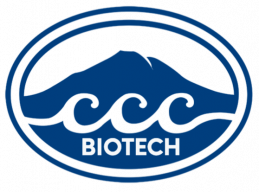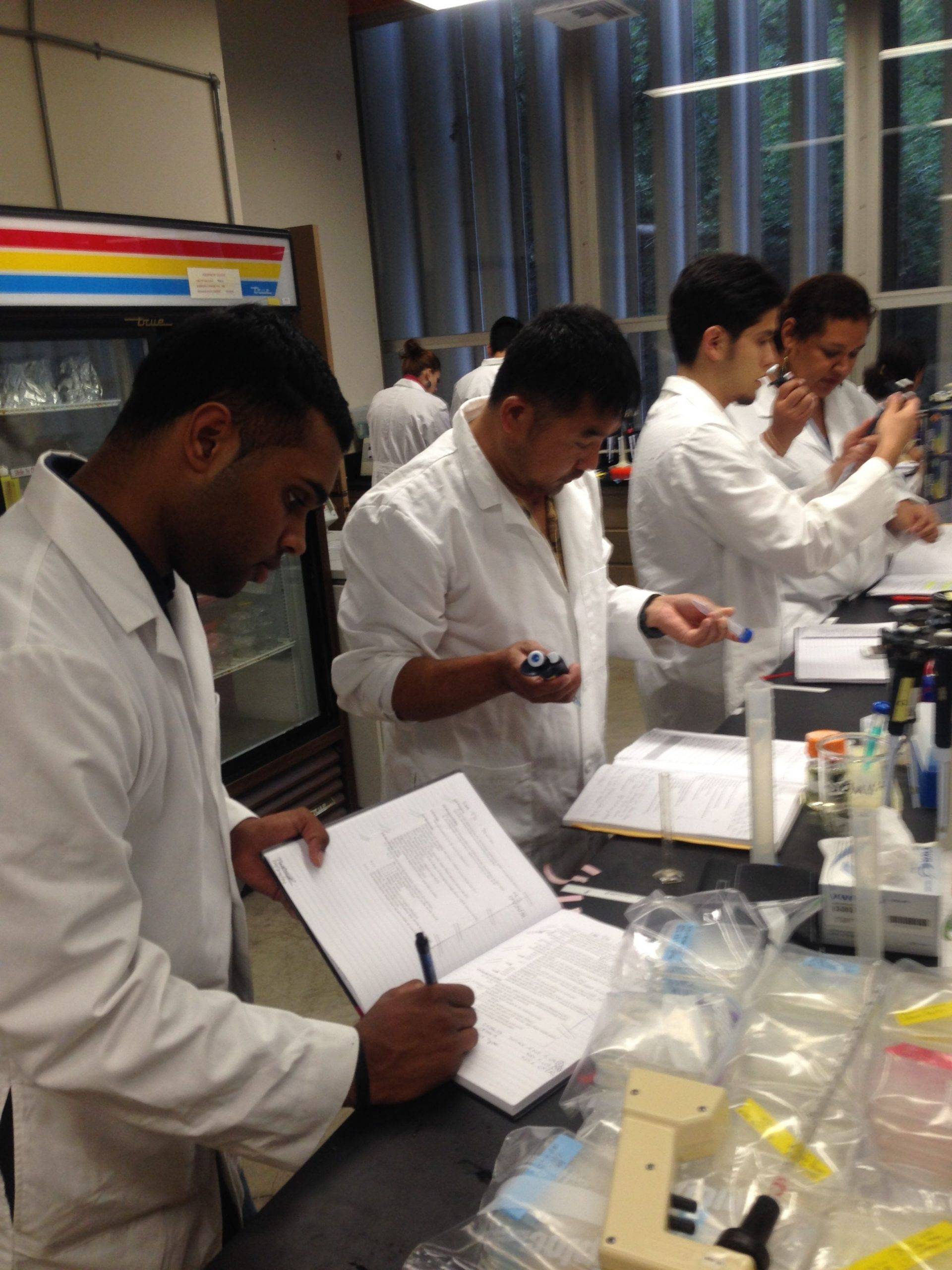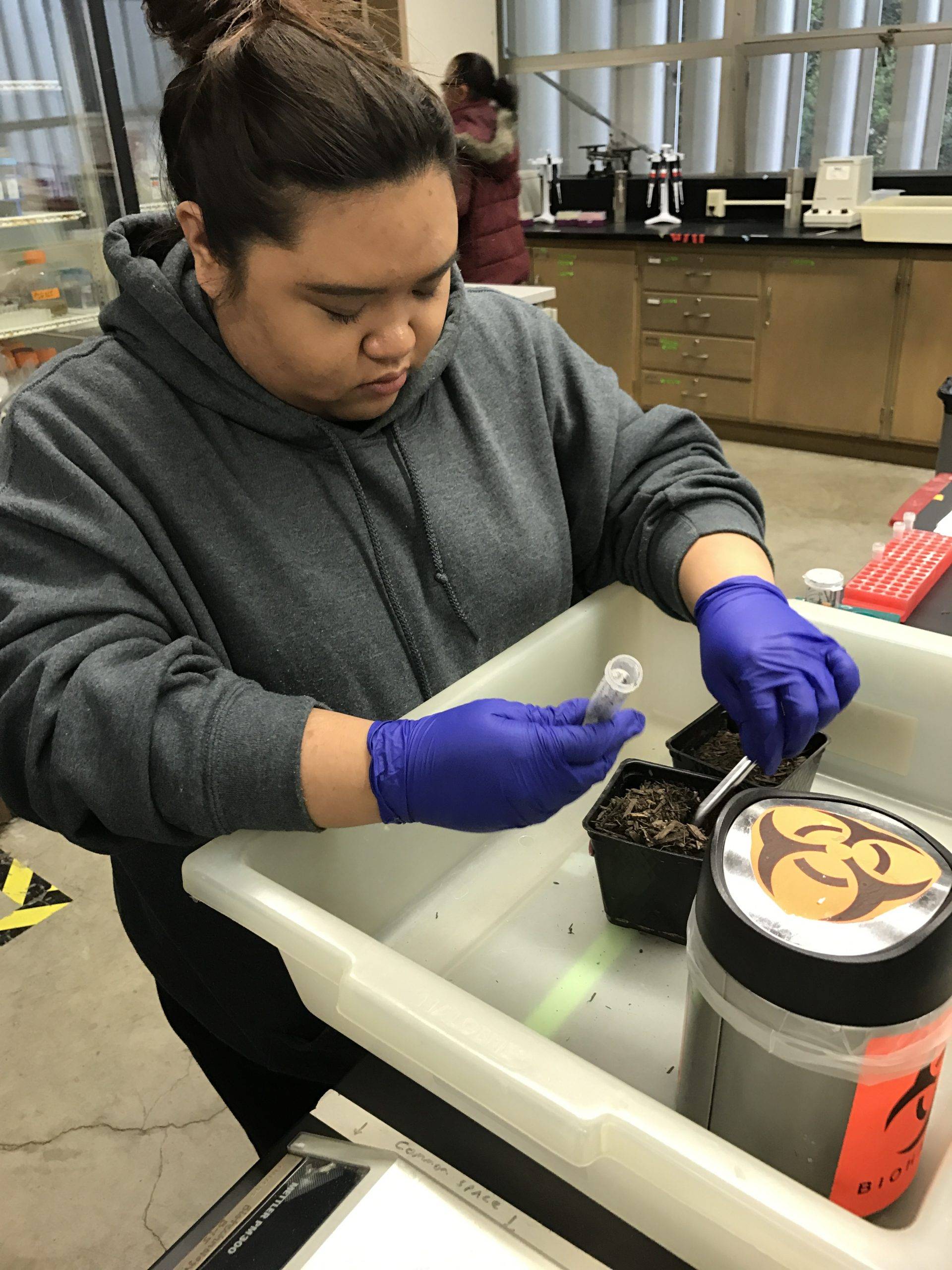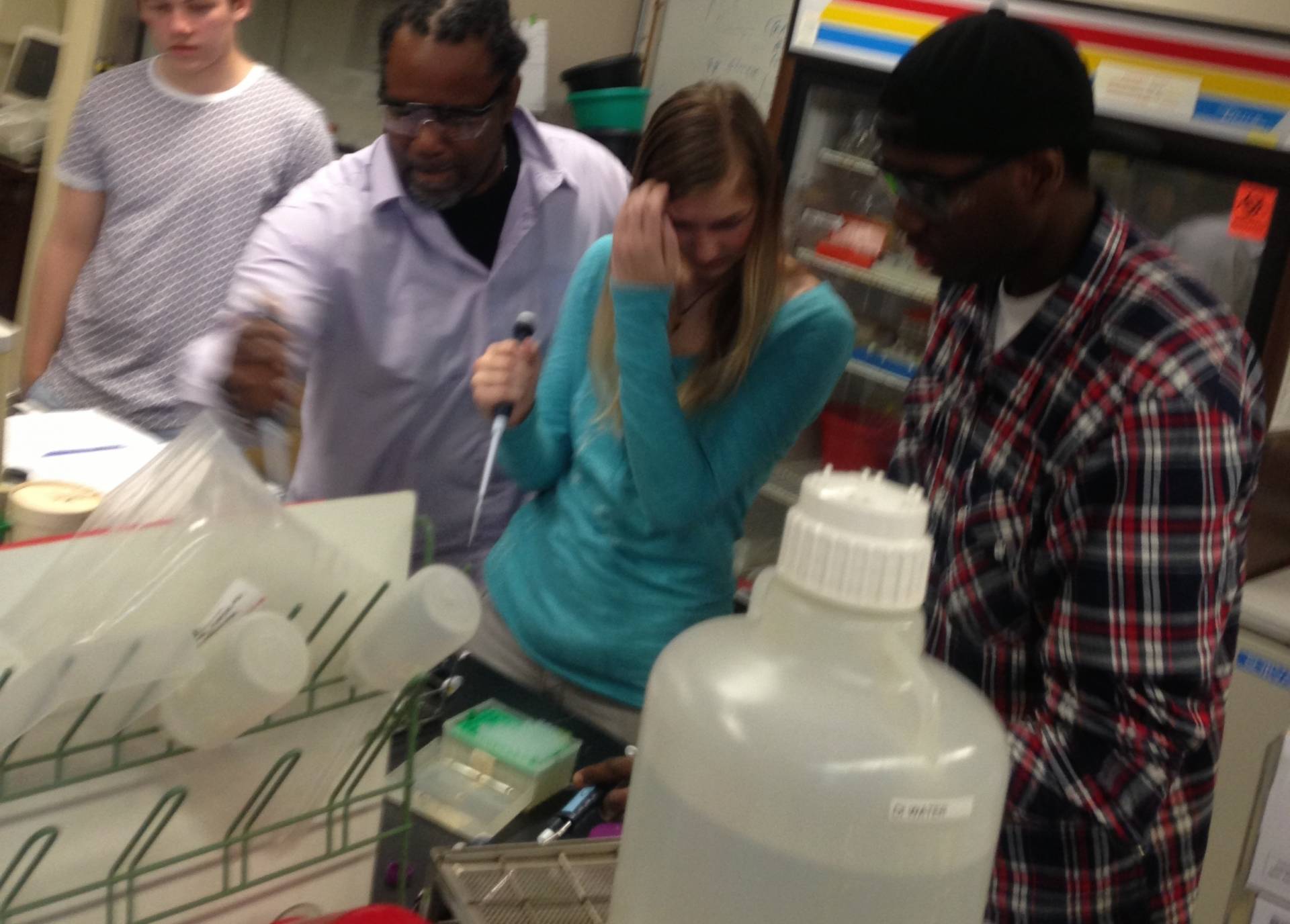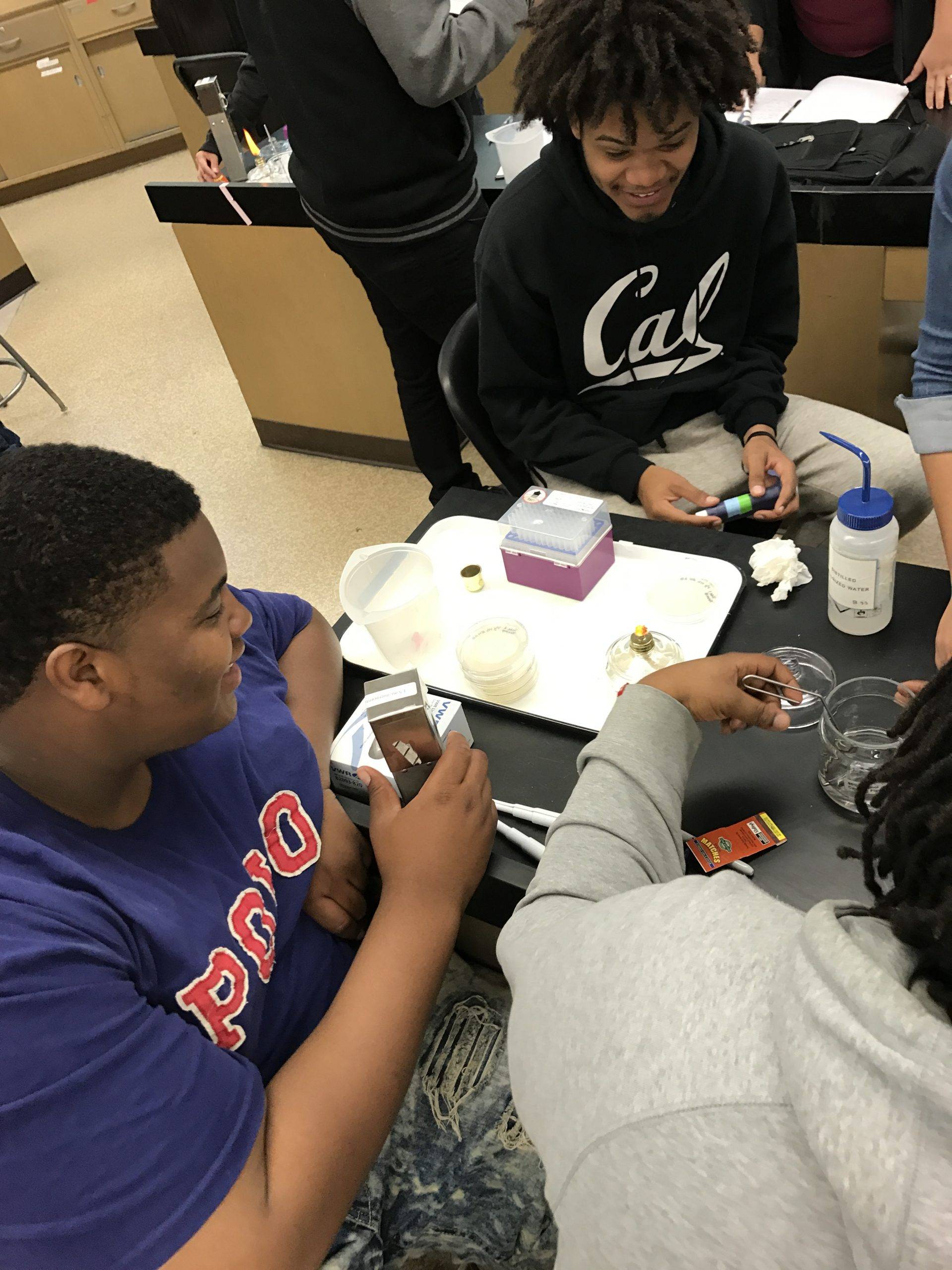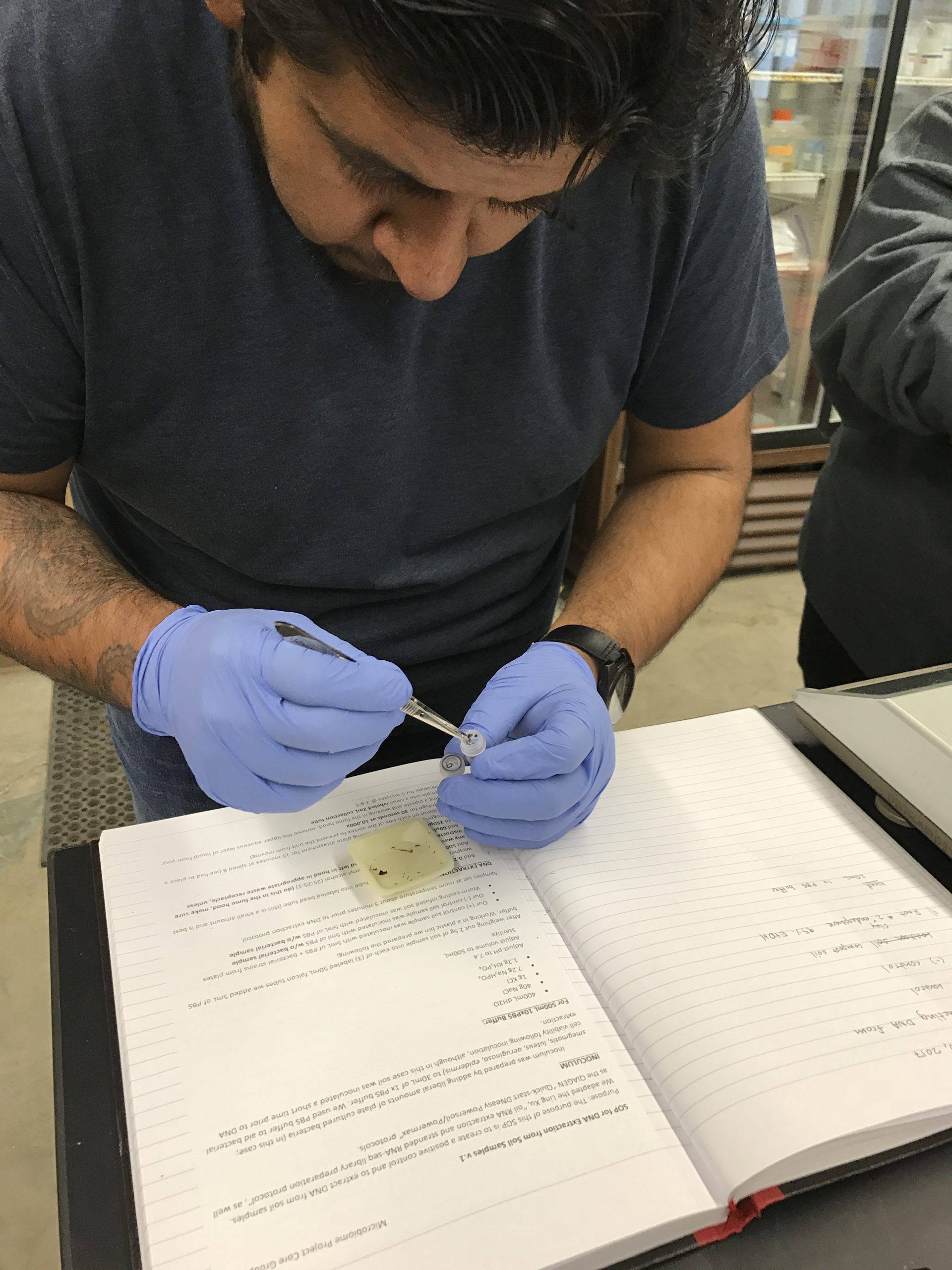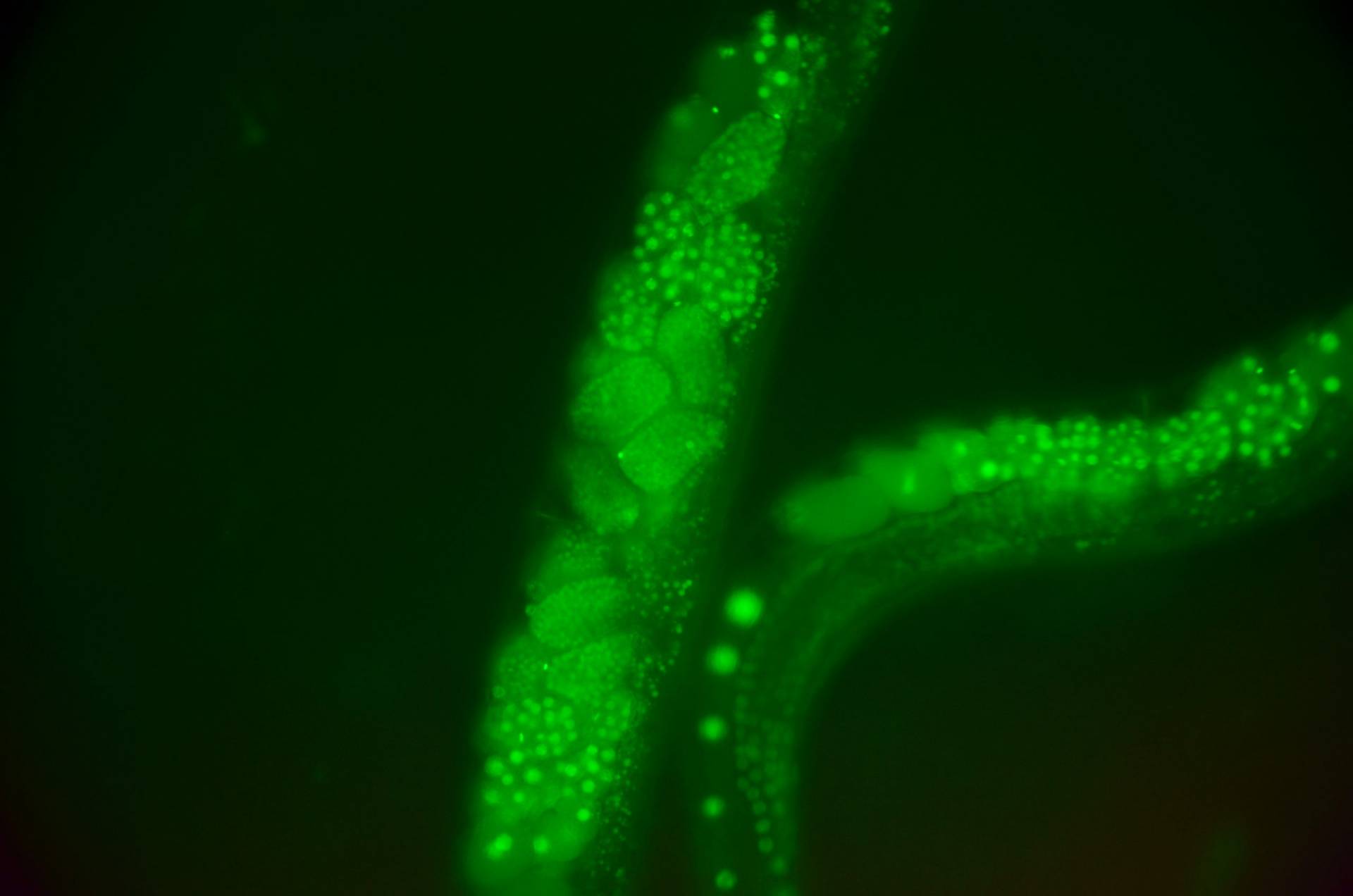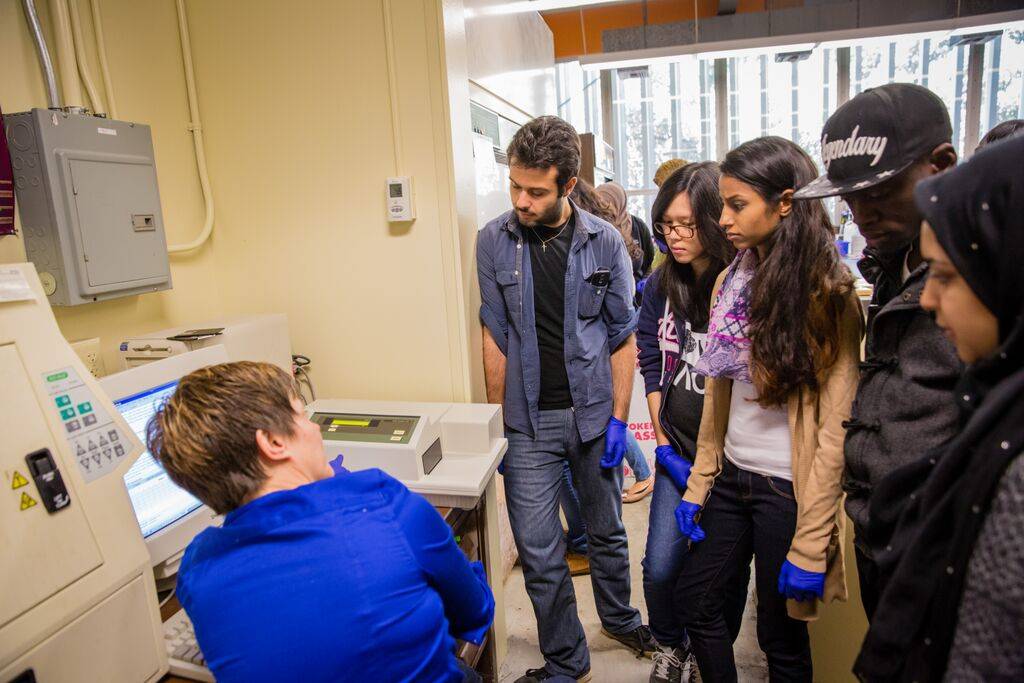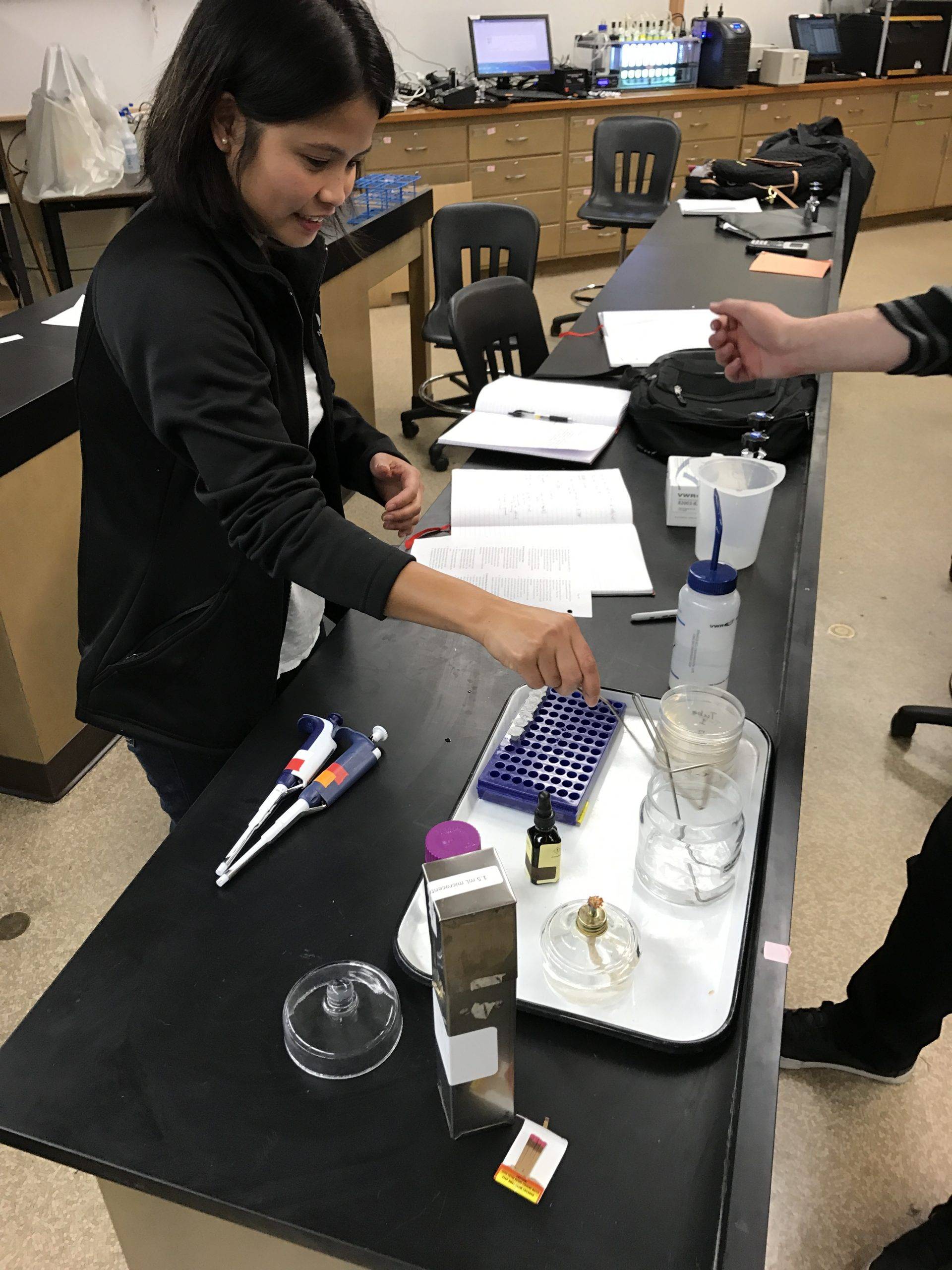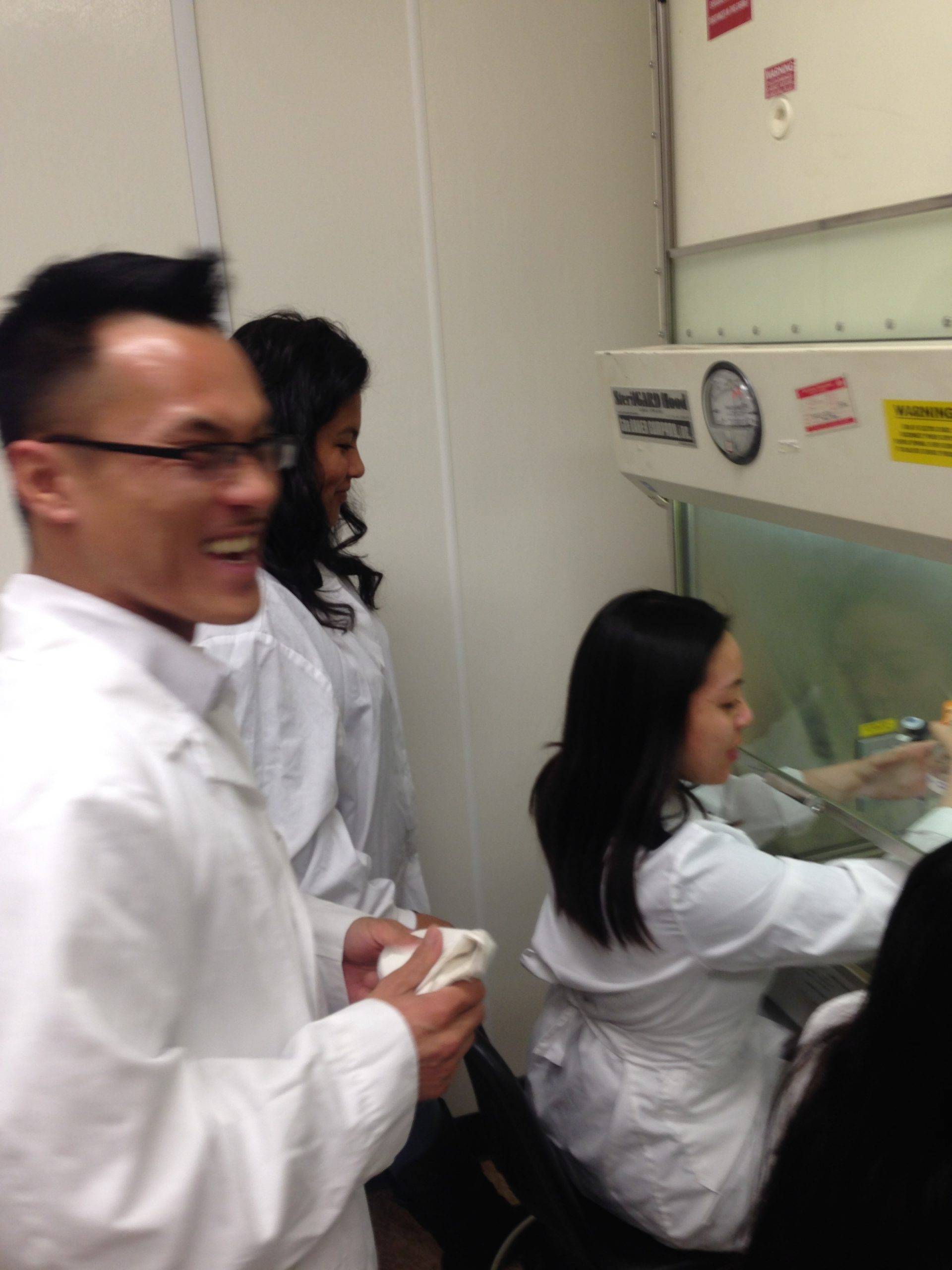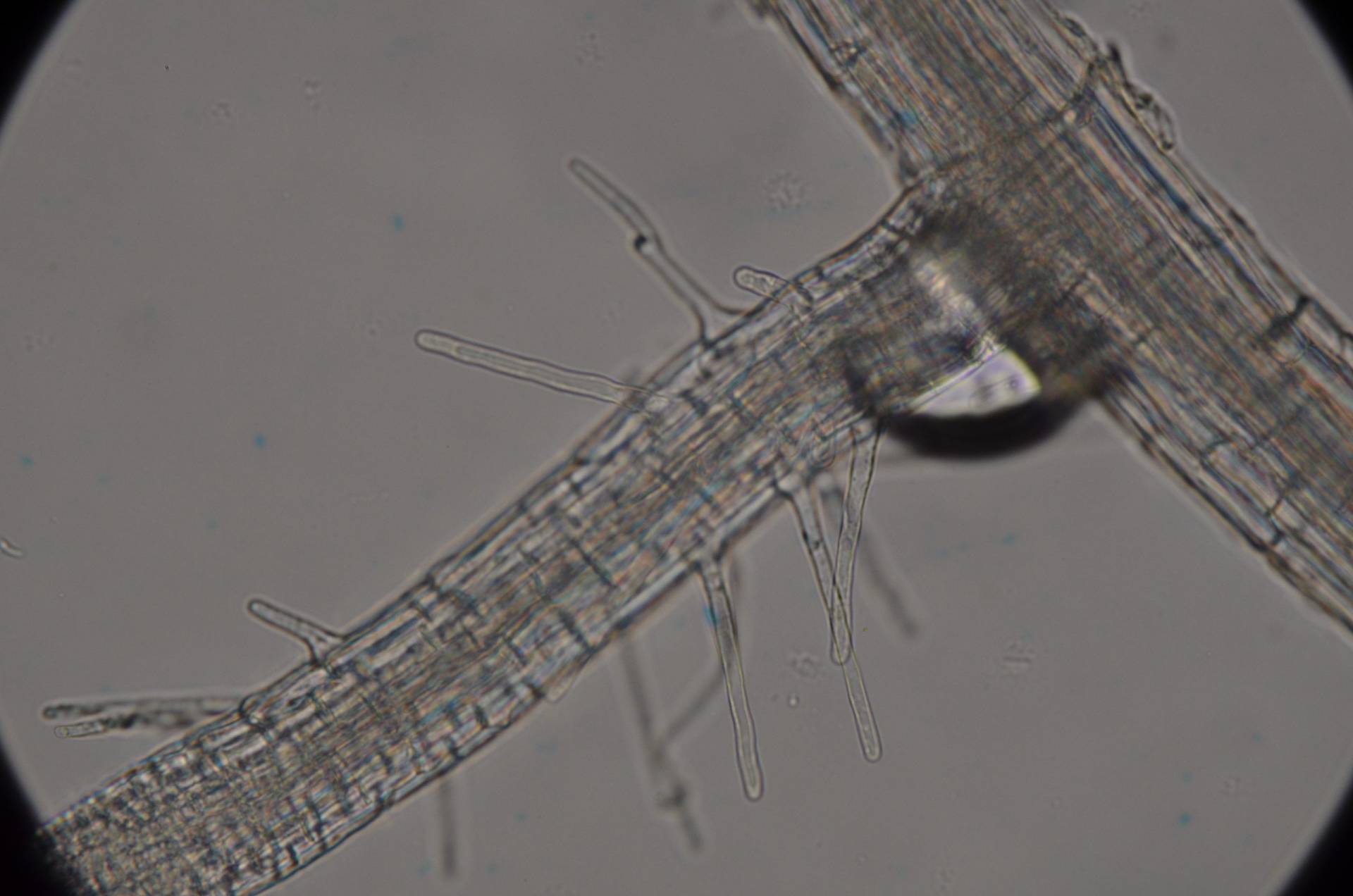BIOSC172: This course will teach students about all aspects of the biotechnology field, with content appropriate for a wide range of students and professionals. Topics will include the biology, business, and legal/ethical issues surrounding biotechnology; cells, genes, DNA, proteins, genetic engineering, drug development, biofuels, agriculture, bioremediation, biotechnology company structure, and the regulations affecting the field.
Skills in
- Scientific Communication of biology and life science
- Navigate biotechnology company structure and innovation culture
- Aligning biotechnology products to basic biology concepts
- Explain protein production and purification
- Describe creation and use of recomdinant DNA
- Cell theory
Knowledge of
- Cell culture, including stem cells
- Biological structures and molecules (Cells, genes, DNA, Protein…)
- Regulations affecting the biotechnology field
- genetic engineering and cellular reproduction
- Gene expression and genetics
- Biofuels, Agriculture
- Biremediation
- importance of Quality Control (documentation, Standard Operating Procedures, Lab notebooks) and regulatory agencies in the biotechnology industry.
- basic chemistry
- metabolism, including fermentation
- Cell signaling
Ability to
- Explain common life science techniques (PCR, chromatography, sequencing)
- Discuss legal and ethical issues surrounding biotechnology
- Explain process of bio-product development and manufacturing
- Understand of the importance of maintenance of a safe and productive work environment.
- Understand the process of scientific analysis
What types of jobs does it prepare for?
- Research and lab support
- Biorenewables
- Biopharmaceutical manufacturing
- Gene therapies
- Immunotherapy (invivo, tissue collection, animal research)
Core Competencies
- Word processing/spreadsheets
- Business acumen
- Basic biological concepts understood
- Describe cell structure
- Describe basic theory of cell culture
- Define and distinguish among biological molecules
- Demonstrate an understanding of biological concepts related to basic DNA recombinant and protein isolation and analysis that are routinely used in the biotechnology laboratory.
- Construct the flow diagram of gene expression from DNA to protein
- Explain recombinant DNA
- Recombinant protein production
- Demonstrate understanding of the use of chromatography and other separation methods for protein purification
